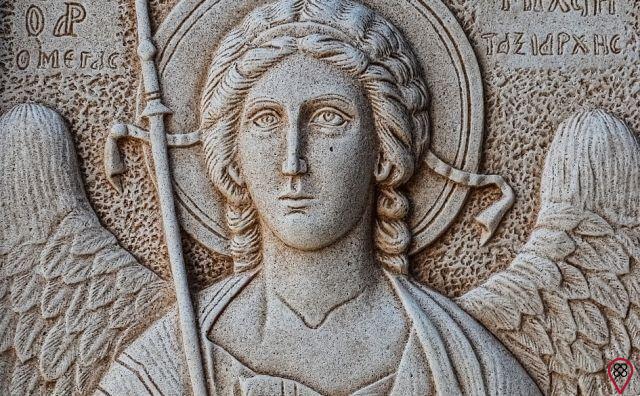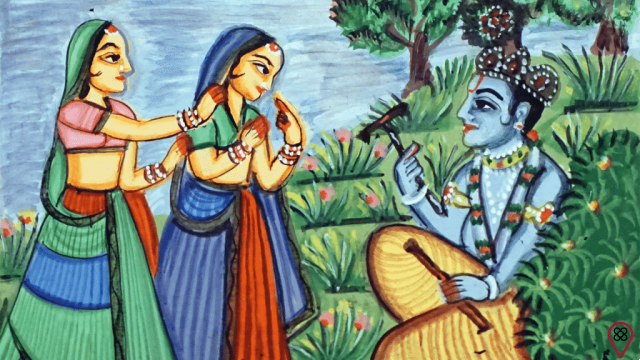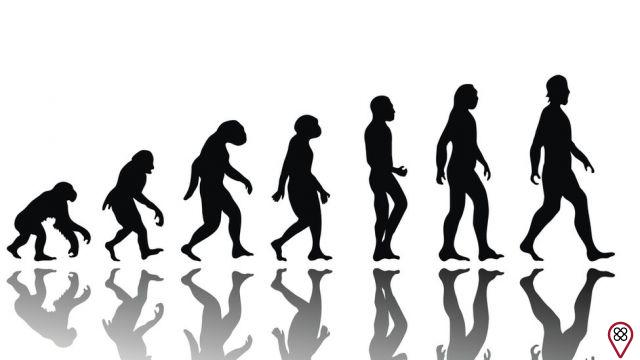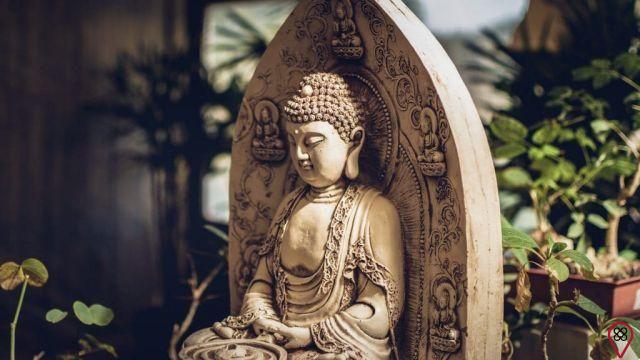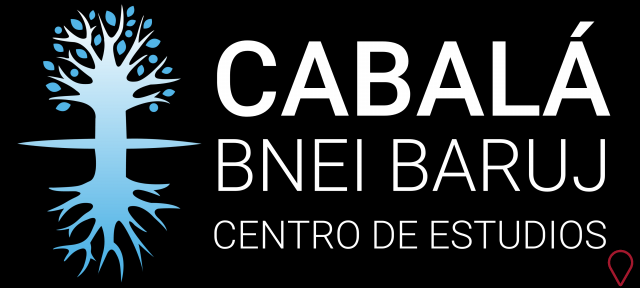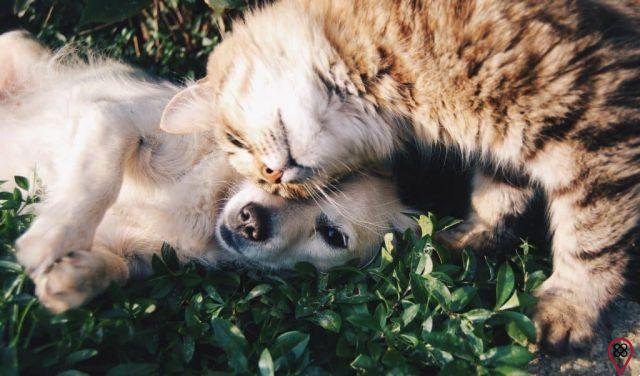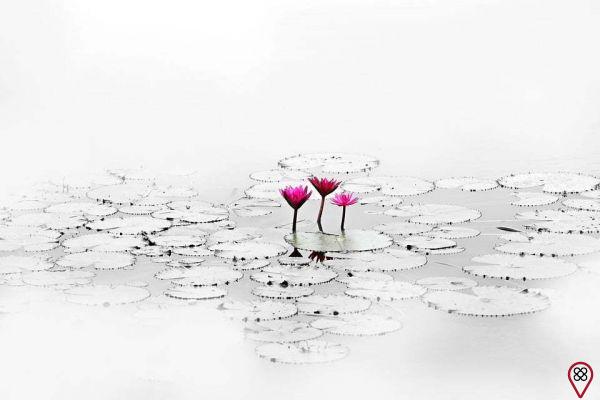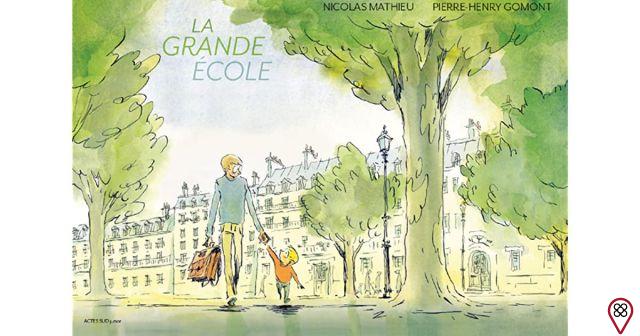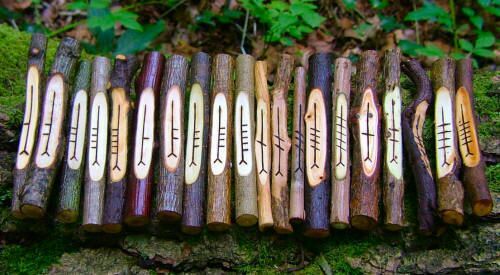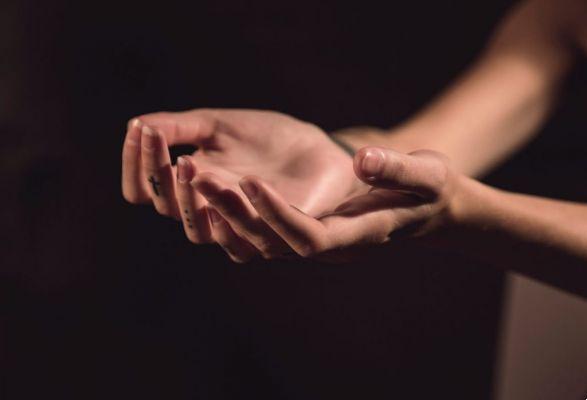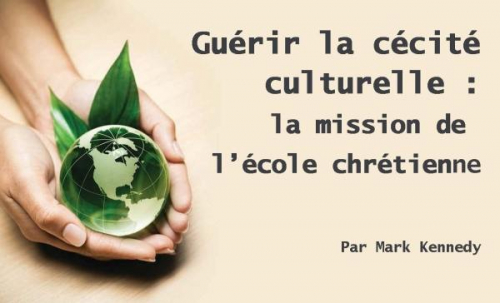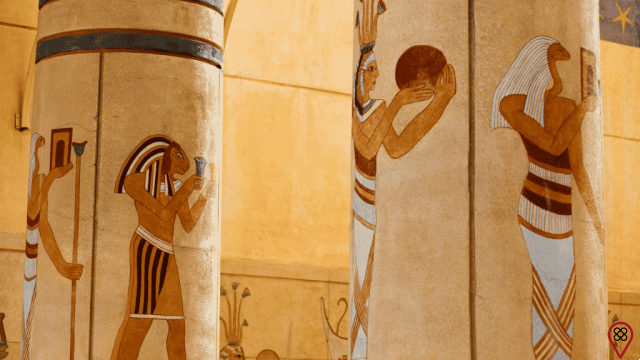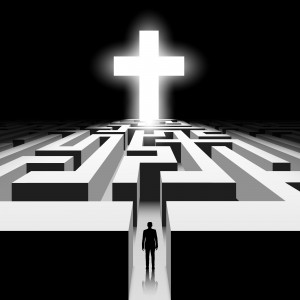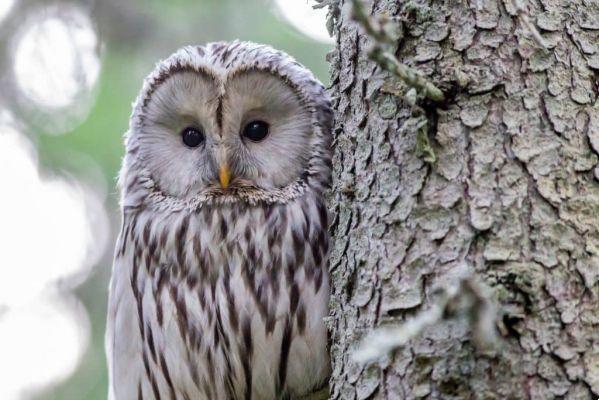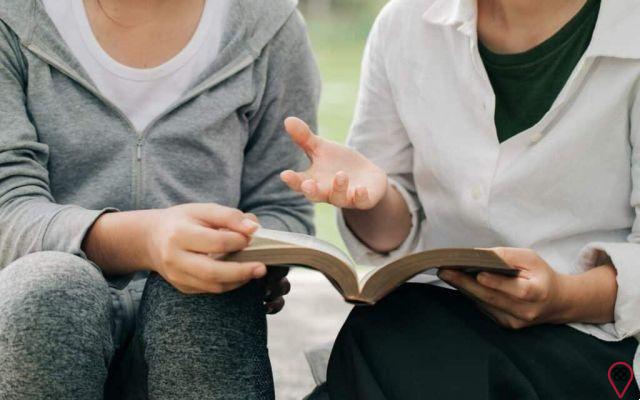Wedding traditions are ancient acts celebrated around the world. These customs are linked to our culture, religion and other experiences. In the matrimonial universe, there are countless marriages that follow Jewish traditions, practices that come from the Jewish religion.
In principle we have to understand that Judaism is a monotheistic religion followed by Jews, an ethno-religious group. They follow the teachings of the Torah, are called “God's chosen people” and have a great family character.
Today, there are three official strands derived from Judaism, namely:
Orthodox Judaism: this line of Judaism is the most traditional, in which Jews follow all Torah laws such as the Kosher diet and Sabbath rest. Traditional customs also extend to the wedding: they do not perform the ceremony on Saturdays, they follow the Kosher diet on the day of the event and at the party location they have separate environments for men and women.
Reform Judaism: unlike the orthodox, the reformists believe that some commandments of the Torah do not fit today. With that, they set aside some traditions and believe that Judaism should be linked only to religious aspects. The marriage rites of this aspect follow these “new” ideals, being more flexible with the Kosher menu and not separating the environment between men and women.
Conservative Judaism: this strand is a middle ground between the orthodox and the reformist. In it, the Jews support some reforms, such as the equality of men and women, but they do not agree with the separation between religion and the Jewish state. In the matrimonial sphere, they follow the same line as the Reform Jews, but follow the Kosher diet. They are also more flexible with regard to same-sex marriages.
Marriage Traditions
First of all, it is important to point out that marriage rituals can only be practiced among Jews, requiring a conversion if one of the bride and groom was not born into a Jewish family. With this, the different traditions are perpetuated and continue within the Jewish community.
It is also necessary to understand that these customs vary according to each aspect adopted, causing some practices to happen in some marriages and not in others. However, the Jewish wedding is rich in traditions and makes a point of celebrating these symbologies not only on the big day but even before it.
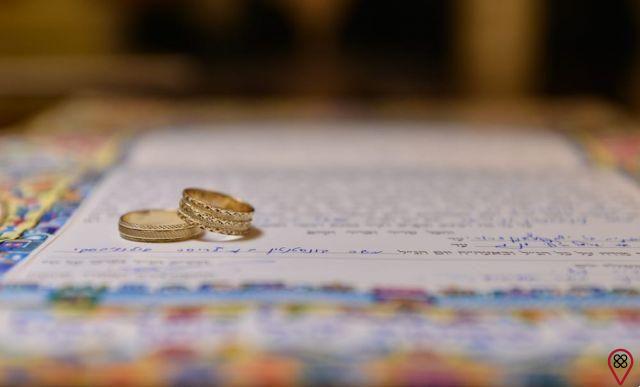
Check out the main rituals before and during weddings in Judaism:
Rituals for Before Jewish Marriage
tenaim
Jewish customs begin even before the ceremony. First, a contract is established between the bride and groom, this one called tenaim. The agreement covers financial arrangements, decisions about children, property sharing, in addition to other decisions made by the couple, and officially announces the marriage.
This custom is more common among Orthodox Jews, as the contract still addresses issues such as dowry and the man's role as the highest decision maker within the family. The agreement is also only signed when two male witnesses wake up and sign the paper.
the break of the plate
When signing the Tenaim, the mothers of the bride and groom break a porcelain plate. The broken plate is intended to demonstrate that, if the contract is broken, just like the porcelain, the consequences will be irremediable.
Like contract making, the custom of breaking the plate is also more common among Orthodox Jews as it is linked to a more traditional custom.
Rituals during the Jewish wedding
the seven laps
The wedding ceremony is called by the Jews as Chatuba and is performed on an altar called the Khupá or Chupá. The place that houses the bride and groom, their families and those who perform the ceremony is an open tent made up of four pillars that represent the new home that is being formed.
Upon arriving at Khupá, the bride and groom's parents circle the couple seven times. The practice aims to represent the 7 days of creation of the world made by God and the commitment of the bride and groom to marriage and building a new family. This rite is traditionally performed within all strands of Judaism, due to its meaning.
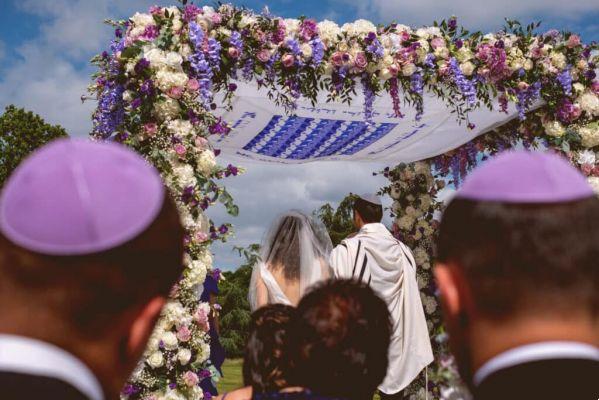
the break of the cup
The breaking of an object as the symbolism of Jewish marriage rites does not only occur in the tenaim. To end a Jewish ceremony, the groom breaks a cup wrapped in cloth. During the practice, everyone is silent because the act is intended to remind the community of the temple in Jerusalem that has not yet been rebuilt. After the breakup, those present shout "Mazel Tov", a term used to wish the newlyweds good luck.
This tradition is perhaps one of the best known by non-Jews and is also practiced by all aspects of the symbology it carries.
or quipa
You may have already wondered why Jews wear a “little hat” in Jewish ceremonies. The accessory is called Quipá, it is mandatory for all men present at the wedding and is intended to represent the belief that God is above all of us.
The wearing of the kippah is one of the only practices that extends to non-Jews during marriage. All strands follow this tradition to the letter because it is directly connected to their beliefs in God.
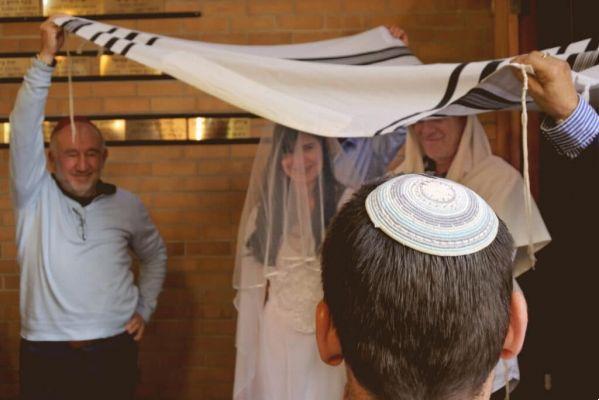
The Dance of the Chairs
After the ceremony, Jewish wedding parties are usually very lively, with lots of dancing. In musical chairs, called the Hour, the bride and groom sit on chairs and are lifted above their shoulders by their guests. Then, a circle is formed around the bride and groom, where the guests approach and move away from the couple.
The practice aims to represent a healthy relationship, where there will be disagreements, but there will also be order. During the dance, when the guests move away and approach, they want to represent that oscillations are going to happen, but if they stay together they soon approach again.
Musical chairs are traditionally practiced by all lines of Judaism, however Orthodox Jews perform it separately, since the place of the feast is divided between men and women.
You may also like
- Discover 14 ways to celebrate Christmas with a lot of spirituality
- Check out the real meaning of Easter!
- Discover 5 Stupid Things Society Charges From Us
In addition to these, there are several other Jewish customs within the marriage universe and beyond. The wedding itself is a tradition that travels around the world and includes the most varied forms and meanings. Jewish wedding rituals endured geographical and temporal boundaries and continue to be celebrated today, keeping traditions alive far beyond memory.



